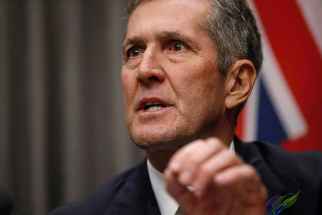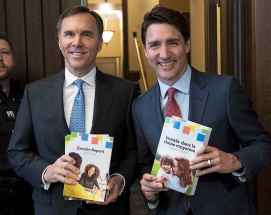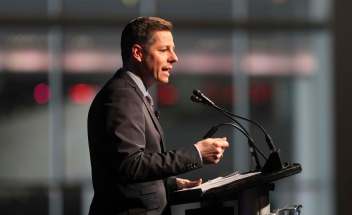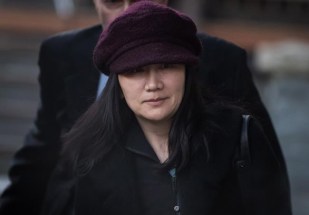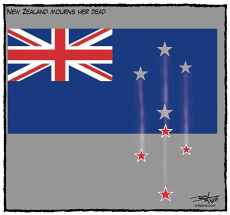Bowman threatens to stop collecting school taxes Education a provincial responsibility, so province should collect the money, mayor says
Read this article for free:
or
Already have an account? Log in here »
To continue reading, please subscribe:
Monthly Digital Subscription
$0 for the first 4 weeks*
- Enjoy unlimited reading on winnipegfreepress.com
- Read the E-Edition, our digital replica newspaper
- Access News Break, our award-winning app
- Play interactive puzzles
*No charge for 4 weeks then price increases to the regular rate of $19.00 plus GST every four weeks. Offer available to new and qualified returning subscribers only. Cancel any time.
Monthly Digital Subscription
$4.75/week*
- Enjoy unlimited reading on winnipegfreepress.com
- Read the E-Edition, our digital replica newspaper
- Access News Break, our award-winning app
- Play interactive puzzles
*Billed as $19 plus GST every four weeks. Cancel any time.
To continue reading, please subscribe:
Add Free Press access to your Brandon Sun subscription for only an additional
$1 for the first 4 weeks*
*Your next subscription payment will increase by $1.00 and you will be charged $16.99 plus GST for four weeks. After four weeks, your payment will increase to $23.99 plus GST every four weeks.
Read unlimited articles for free today:
or
Already have an account? Log in here »
Hey there, time traveller!
This article was published 19/03/2019 (2461 days ago), so information in it may no longer be current.
Winnipeg city hall has opened a new front in what’s become a protracted war with the province.
Mayor Brian Bowman told reporters Tuesday he’s putting the provincial government “on notice” to remove the requirement for municipalities to collect school taxes or city hall won’t do it next year.
Education is a provincial responsibility, he said.
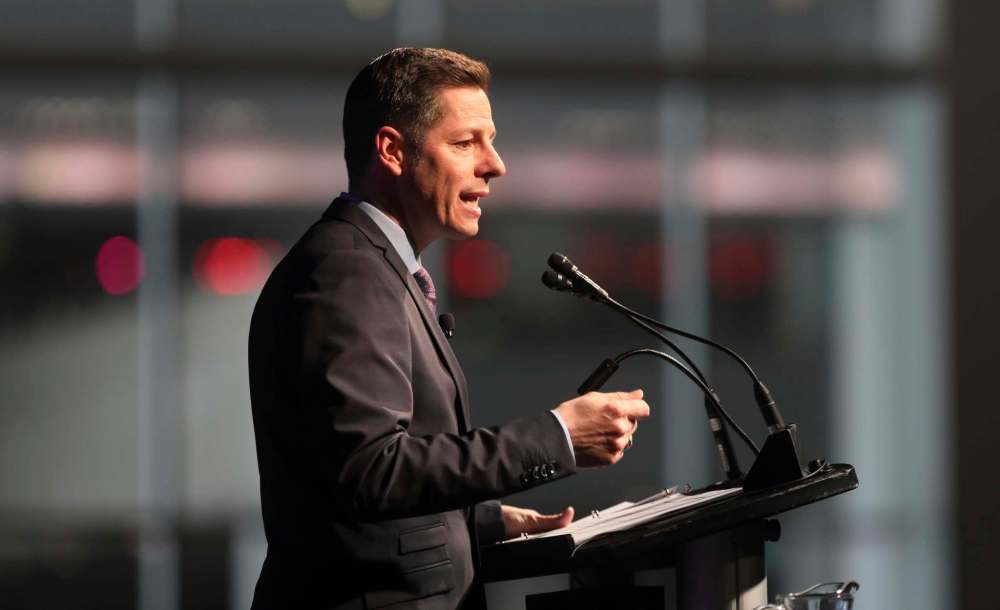
“I wanted to put it on public record today that I would urge the MLAs to change the framework, because certainly next year, I do not intend to support it and I will be urging my council colleagues not to approve it,” Bowman said.
This is an old and common complaint from Manitoba municipalities.
While the province, municipalities and school divisions set their own property tax rates, every municipality is required by legislation (the Public Schools Act) to include on the annual bill sent to all property owners the mill rates set by council and also the mill rates set by the province (education support levy) and school divisions (education special levy); to collect those monies from property owners; and to forward the share of the tax bill revenue to the respective school divisions and provincial government.
Bowman also used the opportunity Tuesday to criticize the Progressive Conservative government led by Premier Brian Pallister for forcing the Winnipeg School Division to roll back its planned property tax increase, explaining trustees are elected officials and it was wrong of the province to interfere.
City hall has been fighting with the provincial government over what it says is a retroactive $40-million cut to its local street renewal program from 2018, forcing Winnipeg to cut back spending on local streets by $20 million each this year and the next.
The $40 million is the last remaining portion of a five-year, $250-million commitment made by the former NDP government.
The province denies it has shortchanged Winnipeg, saying it has fulfilled the commitment and paid out the entire sum.
“If they were responsible for sending their tax bills out, they would be scrutinized like we are for decisions we make on taxation rates with greater openness and transparency.”
— Mayor Brian Bowman
However, the province has refused to provide an accounting when requested by city hall and by the Free Press of how and when it believes those dollars were allocated.
Winnipeg has also traded punches with Manitoba over ambulance funding, transit and policing.
Add the collection of school taxes to the list.
A provincial government spokeswoman said city hall is required by law to collect school taxes, and no changes in this process is planned.
Minister of Education and Training Kelvin Goertzen issued a statement advising Bowman to comply with legislation as it is written.
“It would be in the interest of the city to follow the law,” he said.
Bowman said he would have urged council to stop collecting school taxes this year, but he wanted a briefing on the implications of such a move and to give the province time to make necessary changes.
The mayor said he’s convinced city council has to right to vote against the education tax rates, but said he doesn’t know what would happen in that event.
“The Public Schools Act requires us to approve (education tax rates) but we are democratically elected and we can vote yea or nay (to education tax rates) on the floor of council, so that doesn’t make sense to me,” Bowman said.
However, the mayor did acknowledge city hall could face a financial penalty — interest charged by school divisions and the provincial government on the amount they expect to receive — if it failed to forward the funds owed to them.
Bowman said city hall has made its position on this issue clear to provincial officials.
“We shouldn’t responsible for sending out the education taxes on our property tax bills,” Bowman said, adding it confuses homeowners who do not understand a portion of the taxes are being forwarded to school divisions and the provincial government to cover the cost of education.

“I understand why folks would get a tax bill and just presume that this is just a tax bill from the City of Winnipeg, as a whole,” Bowman said. “I don’t think that leads to the greatest accountability for school divisions.
“If they were responsible for sending their tax bills out, they would be scrutinized like we are for decisions we make on taxation rates with greater openness and transparency.”
aldo.santin@freepress.mb.ca


